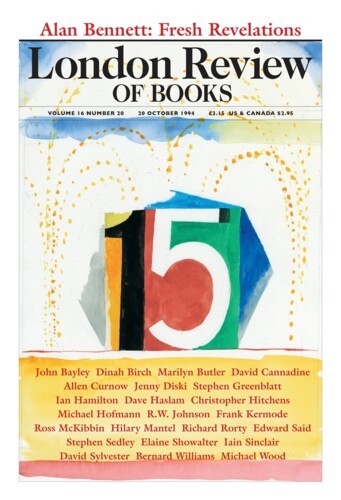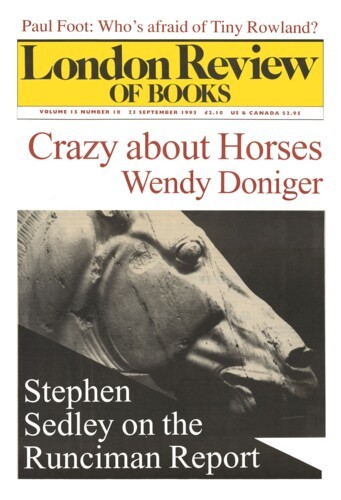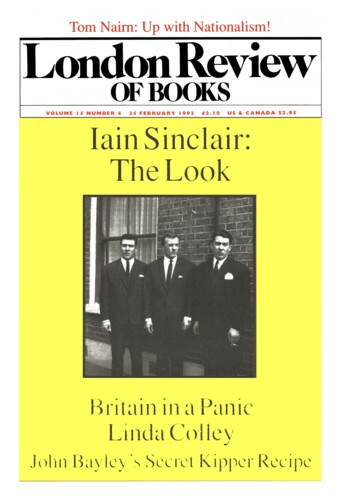Play hard
Dave Haslam, 20 October 1994
Nick Kent is described on the cover of The Dark Stuff as ‘the living legend of rock journalism’. His status as legend is less to do with the quality of his writing than with his wilful mirroring of the self-destructive, drug-centred lives led by the rock stars he writes about. Kent made his name in the mid and late Seventies as a strung-out stringer, the suburban boy getting high with Keith Richards, hanging out at backstage drug binges, and – on one memorable occasion – being beaten about the body by Sid Vicious wielding a rusty bicycle chain.’



